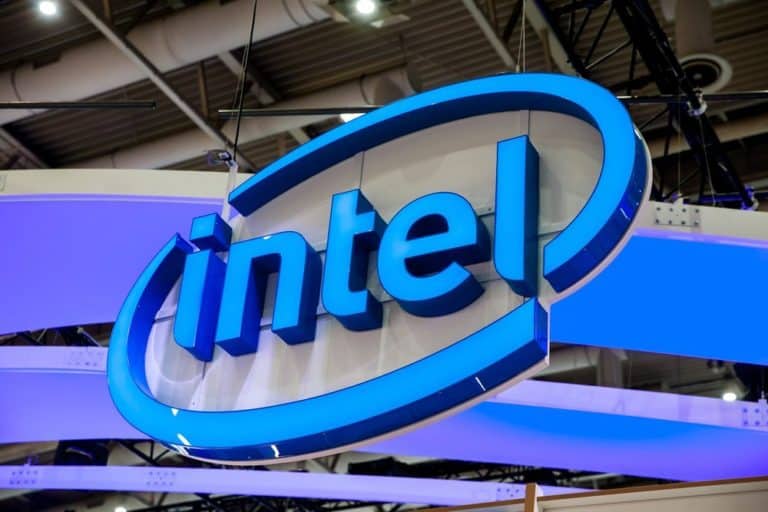Approximately two billion dollars in deposits from Intel for the acquisition of chipmaker Habana Labs. The Israeli company specialises in making AI chips that can be used to speed up certain processes.
The acquisition of Habana Labs was a logical consequence of Intel’s earlier expectations. The giant believes that in a few years’ time (2024), the market for AI chips will be in excess of $25 billion.
Habana Labs will still operate independently, but will pass on findings to Intel. The current management will also remain in place.
Acceleration at data centers
With the acquisition of Habana Labs, Intel hopes to better respond to the demand for improved AI chips in order to be able to offer a better product in certain markets. Navin Shenoy, executive vice president of Intel’s data platforms:
“Through the acquisition, we are taking steps in the area of our AI strategy. This allows us to offer customers solutions that fit every possible demand. From an intelligent point of view, and a data center perspective. In addition, Habana gives us the turbo boost that allows us to offer data centers a range of high-performance processors.”
At the time of acquisition, Habana has two models that are used for AI purposes. The Gaudi AI Training Processor is still in the testing phase (but a system with the chip is expected to be up to four times faster than a system with traditional GPUs), while the Goya AI Interference Processor is commercially available.
It comes as no surprise that Intel wants to gain a larger market share through the acquisition. In recent years, the giant has been pulling the wallet several times in order to attract similar companies. In 2016 it was Movidius, which specialised in low power processors. Last year it added the startup Vertex.ai to its portfolio. This year Intel already announced the arrival of its own first AI chip.
